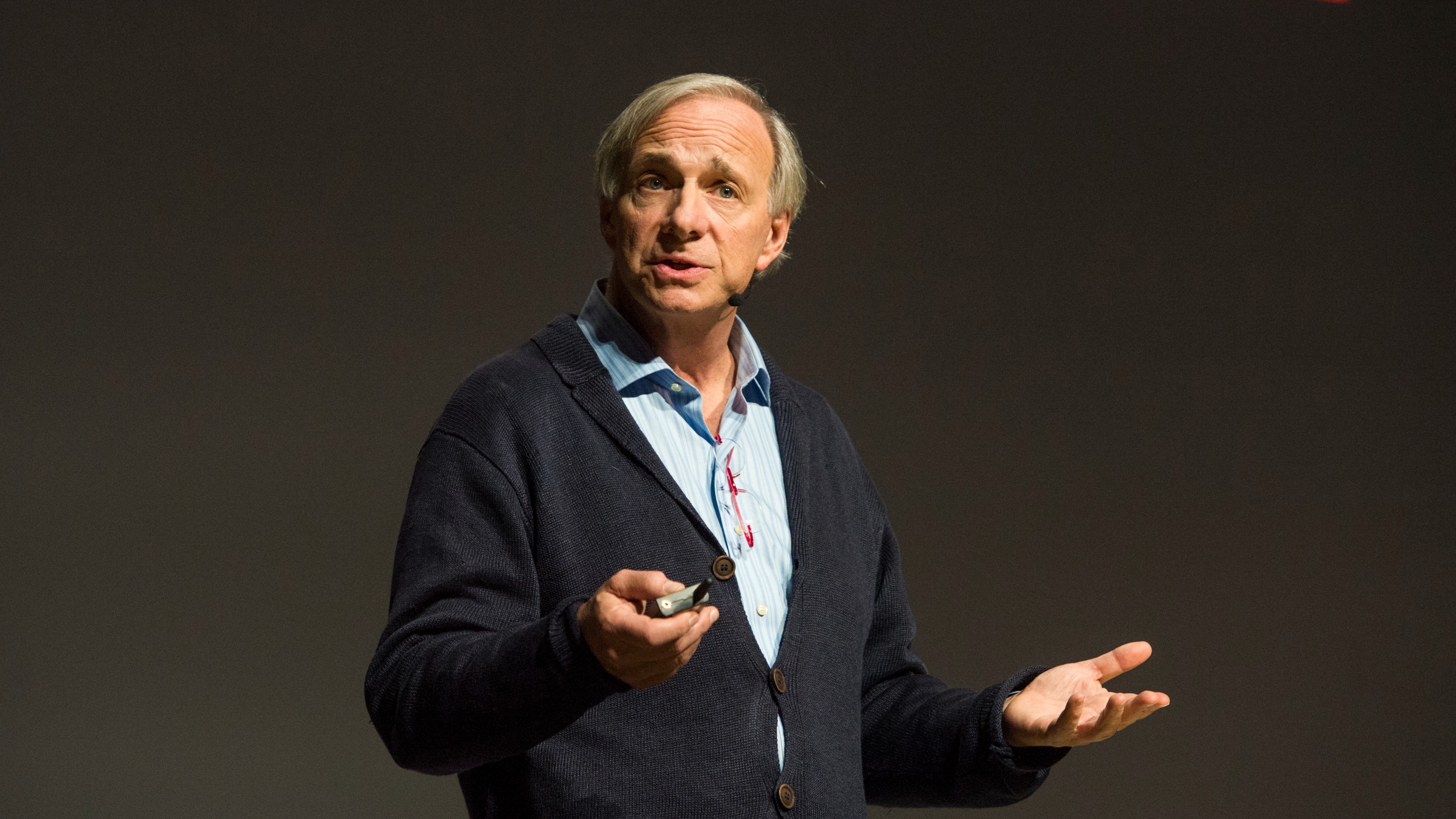
US hedge fund billionaire Ray Dalio is the latest market expert to speak out on the UK government’s soaring cost of servicing its debt. His criticism will pile more pressure on UK Chancellor Rachel Reeves, who has faced calls to resign by opposition politicians and is in Davos to promote the attractiveness of the UK.
Dalio, who set up Bridgewater Associates in 1975, described the current situation in the UK debt market as a potential “debt death spiral”, in an interview with the Financial Times. The recent spike in UK gilt yields has seen debt interest costs reach £100 billion a year, more than half the cost of running the NHS in the current financial year.
He noted the discrepancy of bond yields rising at a time when monetary policy is easing: the Bank of England cut official interest rates twice last year to 4.75%, and is expected to cut rates further in 2025. This has already had an impact on the UK mortgage sector, where fixed-rated products have risen even as interest rates fall.
He said the new Labour government, which came into power in July 2024 and launched its first Budget on Oct. 30, is in danger of spending more and more on debt servicing costs, with a damaging effect on the rest of the economy. Dalio said that this malaise leaves the government with three options: borrow more, cut spending, or hike taxes.
Labour’s Manifesto Plans Under Pressure
While the current government has just been elected, borrowing more is likely to push up bond yields further – more debt will have to be issued and bond investors may reject the move by selling more debt – and cutting spending will mean reversing plans made during the election. The Labour party was elected on a platform of improving infrastructure and public services after 14 years of strict controls on government spending.
And raising taxes will be politically unpopular at a time when National Insurance contributions are about to rise in April and the tax burden is still the highest since the second world war. While inflation has fallen, it is expected to rise again this year.
UK Government Bond Turmoil – What it Means
How the January crisis has played out
Currently the UK 30-year gilt yields more than 5%, a move of 0.60 percentage points in a year, and the 10-year gilt yields 4.61%, a similar move. For context, the equivalent US Treasuries yield 4.56% for 10-year bonds and 4.50% for 30-year bonds, according to FactSet data.
US Debt Costs Have Risen Too
Bonds yields have risen across the western world as investors have started to worry about persistent inflation and the spending plans of governments like the new Trump administration. Dalio also warned that the new US government must take control of the national debt to avert a similar crisis.
Gilt yield moves have been particularly pronounced in the UK as markets react to the inflation implications of the Autumn Budget, which saw the UK chancellor embark on higher borrowing, spending, and taxation programs.
Bonds that have seen the biggest moves have been longer-term maturities such as the 10 and 30-year Treasuries in the US and gilts in the UK. This suggests that bond market investors are more concerned about the long-term sustainability of public finances in the West. “Bond vigilantes” are believed to be behind some of the bond sales. These participants look to trigger policy changes by sovereign governments by triggering steep rises in bond yields.
What a Debt Crisis Means for Assets
Ray Dalio has just published a book called How Countries Go Broke, sharing the first chapter on X. Government debt is the key theme of the book:
“At a time when government debt is large and increasing rapidly, it seems to me dangerously negligent to assume that this time will be different from other times without first studying how other cases transpired … we are heading into one of those cases in which central governments and central banks will ‘go broke’ in the ways that have happened hundreds of times before and have had big political and geopolitical consequences.”
He says that a government debt crisis makes holding bonds less attractive, and equities – “the productive capacity of the economy” – and gold more attractive.
After a long period when government bonds were out of favour because of low nominal and real yields, a spike in yields after central banks hiked rates has drawn retail investors in the UK and elsewhere into this asset class.
Bridgewater Associates have been approached for comment.
The author or authors do not own shares in any securities mentioned in this article. Find out about Morningstar's editorial policies.























